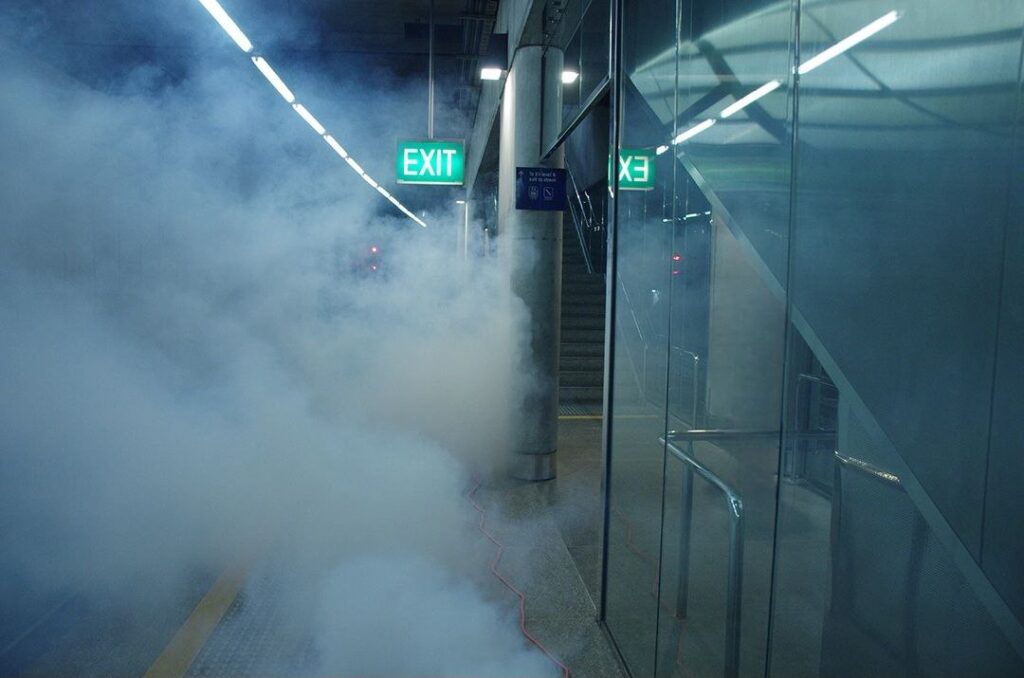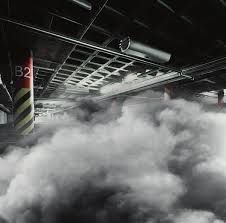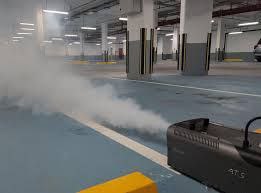For expert advice on fire protection design, supervision and approval, contact us today. At Vezesh Tadbir Pars, we are with you from the design stage to the final approval.
Fire Approval Services | Your reliable companion at all stages of the building fire approval process. One of the key factors for success is the precise and principled engineering design of ventilation and smoke control systems.
A standard design not only increases the performance efficiency of a building’s smoke exhaust and ventilation systems, but can also significantly reduce implementation, operation, and maintenance costs.
Why is Standard Design Important for Obtaining Fire Safety Approval?
The engineering team at Vazh-e Tadbir Pars, with complete mastery of fire department regulations and national building codes, provides designs that:
• Comply with technical standards and executive requirements
• Minimize the need for costly redesigns
• Streamline the inspection and final approval process by fire safety experts
• Ensure faster and more definitive issuance of fire safety permits




• Increasing the efficiency of ventilation and smoke exhaust systems
• Reducing equipment installation, operation and maintenance costs
• Optimization of energy consumption in ventilation systems
• Ease of inspection and final evaluation process
• Prevent delays in building operation due to approval rejection
